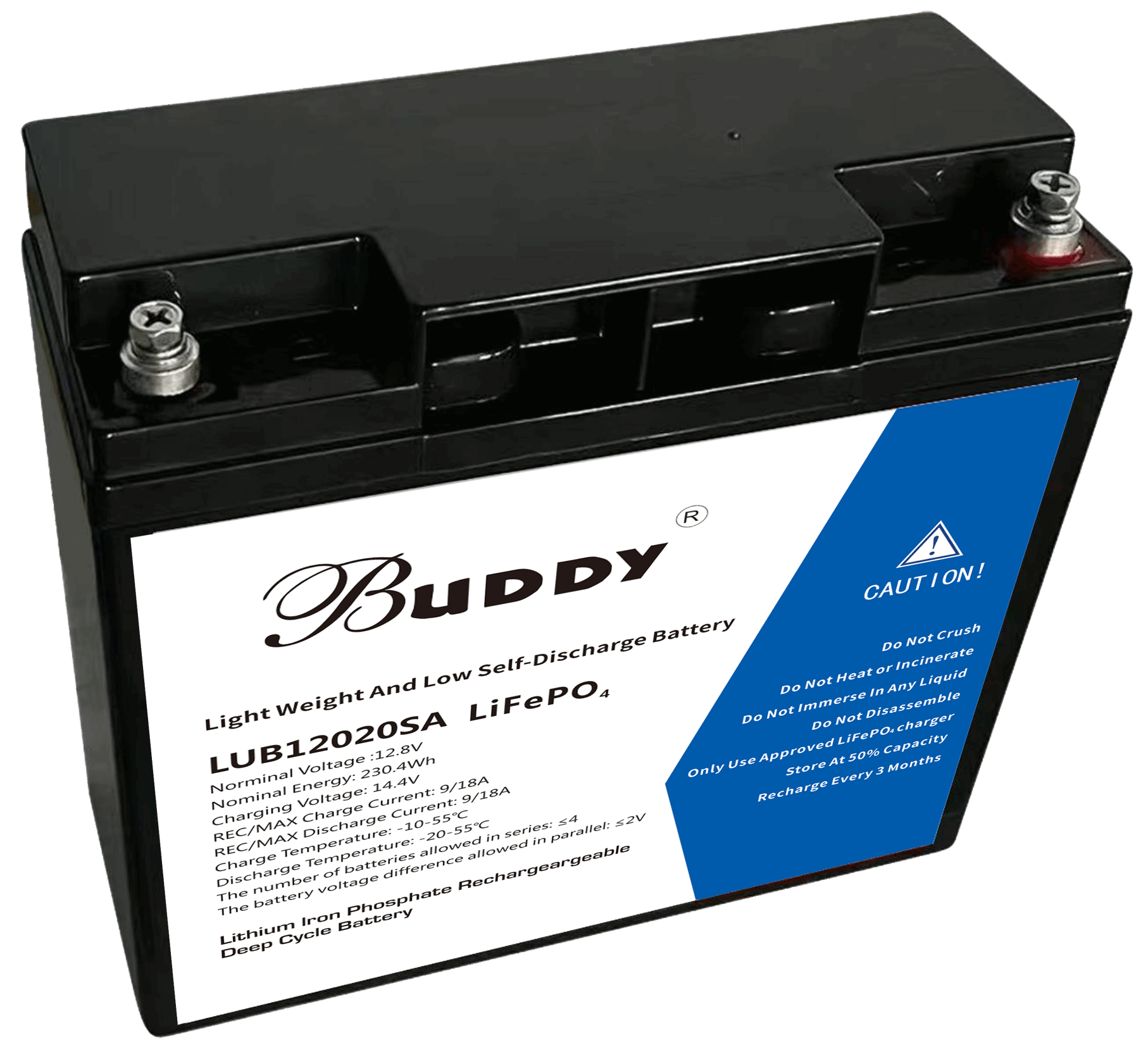When camping in an RV, making sure you have an adequate supply of electricity is key. Choosing the right RV battery can make your trip more comfortable and convenient. But, you may ask, how do I pick a deep cycle battery that's right for my RV?

This guide will answer all your questions, from the definition of RV batteries, to their lifespan, to how to maintain them for optimal performance, and a variety of other questions about RV batteries.
First, the RV battery is the power source for all electrical systems in the RV. From lighting to appliances, these batteries ensure a smooth journey. In a motorhome, you'll usually find two types of batteries: a starter battery (chassis battery) and a house battery (RV deep cycle battery). The starter battery is used to start the engine and power the vehicle while on the move, while the deep cycle battery powers appliances and systems when the RV is not connected to an external power source.
Deep cycle batteries are designed for long periods of stable power supply. In addition, deep cycle batteries in domestic motorhomes are often connected in parallel to increase the total capacity. This way, you can increase the power output to meet the energy needs of the RV.
Understanding the features and performance of different battery types will help you make informed choices that will enhance your RV travel experience.
There are three main types of RV deep cycle batteries: liquid-rich lead-acid batteries (FLA), absorbent fiberglass mat batteries (AGM), and lithium-ion batteries (Li-Ion). Each battery has its own unique advantages and considerations.
so why saloon car to use lithium battery?
First, lithium batteries store more energy in a smaller volume, which is like fitting a bigger tank into a smaller body, giving you more power for your RV adventure. Also, lithium batteries are much lighter than older lead-acid batteries, which means you can reduce the weight of the vehicle and make the journey easier.
Second, lithium batteries charge very fast, and while you are waiting for the battery to be fully charged, others may still be waiting in line. Also, lithium batteries discharge longer, and you can use them more frequently without worrying about damaging them.
Most importantly, lithium batteries can maintain a steady output of electricity. They provide you with a steady supply of power throughout the cycle, so you won't be powerless when you need an extra boost.
, then, how to choose the most suitable for your rv lithium battery?
Budget: Lithium batteries are relatively expensive, but given their long life, they are actually cost-effective batteries.
Capacity: The capacity of the RV battery determines how many devices you can power and for how long. The more appliances you use at the same time, the more capacity you need.
Life: The life of the RV battery is one of the important factors to consider. The service life of lithium batteries is longer than that of other batteries, and the depth of discharge (DOD) of the battery is the main reference affecting the battery life. In the case of safe use, the depth of discharge of lead-acid batteries is 45%, while lithium batteries can be as high as 80%.
Safety: Lithium iron phosphate (LiFePO4) is considered to be the material with the lowest risk of thermal runaway and the most durable lithium battery chemical.
to sum up, choosing the right car battery is very important to ensure your comfort and convenience of travel. By understanding the different types of batteries and their pros and cons, you can make an informed choice and perfect your RV trip.